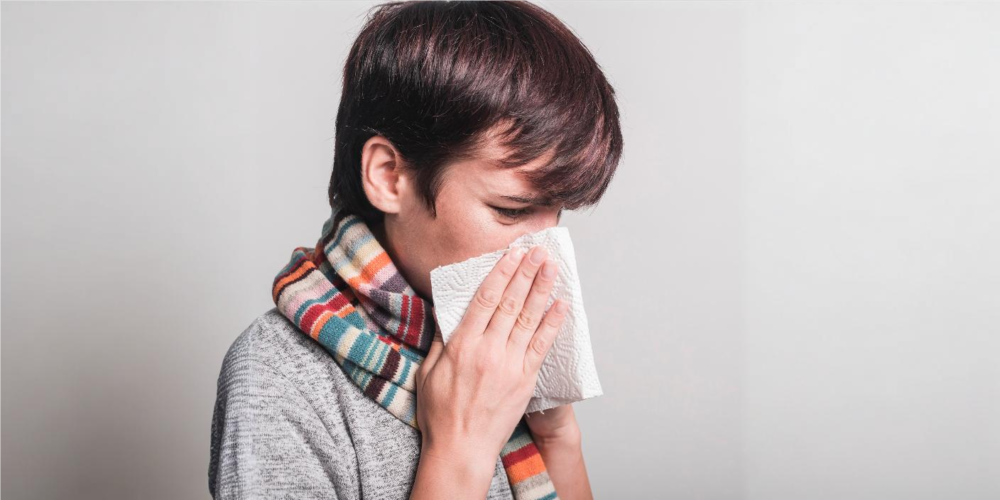Fact Check: Is incense smoke more harmful than cigarettes?
A single incense stick can release benzene, formaldehyde, and carbon monoxide—chemicals linked to cancer, DNA damage, and low oxygen levels
Author
Author
- admin / 6 months

- 0
- 4 min read

Author
CLAIM: Smoke from incense sticks can be more harmful to the lungs than cigarette smoke, potentially causing cancer and DNA damage.
FACT: True. Incense smoke contains harmful PM2.5 particles, benzene, formaldehyde, and carbon monoxide, contributing to indoor air pollution and potential health risks like cancer, DNA damage, and chronic lung issues. But its overall toxicity compared to cigarette smoke depends on usage and ventilation.
A video sent to First Check’s WhatsApp tipline claims that smoke from incense sticks can be more harmful to the lungs than cigarette smoke, potentially causing cancer and DNA damage. In the video, the host, who is a doctor, says that many people believe only cigarettes are harmful, but according to him, an incense stick emits four times more PM2.5 particles, which can disturb lung function, cause chronic inflammation, and lead to permanent lung damage.
He narrates the case of a 60-year-old patient who visited his OPD with chronic bronchitis, a persistent cough, and falling oxygen saturation levels. The patient, who works as a priest, reportedly revealed that he spends hours each day near burning incense sticks.
The doctor further claims that a single incense stick can release benzene (a potential carcinogen), formaldehyde (which may damage DNA), and carbon monoxide (which reduces oxygen levels), along with PM2.5 particles that can harm the lungs.
So, he advises viewers not to light incense sticks in closed spaces, avoid burning multiple sticks at once, and keep them away from children.
We fact-checked these claims.
A 2015 study published in Environmental Chemistry Letters found that smoke from four types of incense contains ultrafine and fine particles with aromatic, irritant, and toxic compounds, posing potential health risks in indoor environments. However, due to differences in how incense and cigarettes are used, it’s not suitable to say that incense smoke is more toxic overall, the study concludes. The same study also finds that incense smoke is mutagenic, meaning that it contains chemical properties that could potentially change genetic material such as DNA.
However, a review by the International Journal of Management, Technology, and Engineering says that incense stick smoke is more harmful than cigarette smoke and may cause cancer.
Studies also show that PM 2.5 can penetrate deep into the lungs, causing chronic inflammation and potentially permanent lung damage, as seen in conditions like chronic bronchitis. In poorly ventilated homes, indoor air can be up to ten times more polluted than outdoor air, with PM2.5 particles penetrating deep into the lungs, worsening the health risks, First Check has previously reported.
It is true that incense burning releases benzene and formaldehyde. Exposure to benzene has been linked with a higher risk of cancer, particularly leukemia and other cancers of blood cells. Studies show an increased risk of death due to leukemia, particularly myeloid leukemia, among workers exposed to formaldehyde.
Incense smoke also releases carbon monoxide, which reduces oxygen levels, potentially causing symptoms like low SPO2, as mentioned in the video.
Dr Nikhil Modi, Senior Consultant, Department of Respiratory, Critical Care, and Sleep Medicine, Apollo Hospital in New Delhi, highlighted that indoor air pollution can be significantly more harmful than outdoor pollution, often being 4 to 5 times more dangerous.
“Indoor pollution involves fine soot particles and gases like carbon monoxide and carbon dioxide, which can cause severe health issues,” he previously told First Check.
The WHO recognizes incense smoke as a form of indoor air pollution. Research has found that the ash of incense sticks’ has many toxic heavy metals as well as oxides, including calcium oxide, silica, alumina, ferrous oxide, potassium oxide, phosphorus oxide, magnesium oxide, and oxides of trace elements. Research has also shown that exposure to incense smoke could have harmful health effects, such as cancers, asthma, dermatitis, mutagenesis, and genotoxic effects.
While studies say that incense smoke contributes to indoor air pollution, the extent of its health impact compared to cigarette smoke can depend on factors such as ventilation, frequency of exposure, and existing health conditions.
Also read: No, incense sticks do not ward off Covid-19










